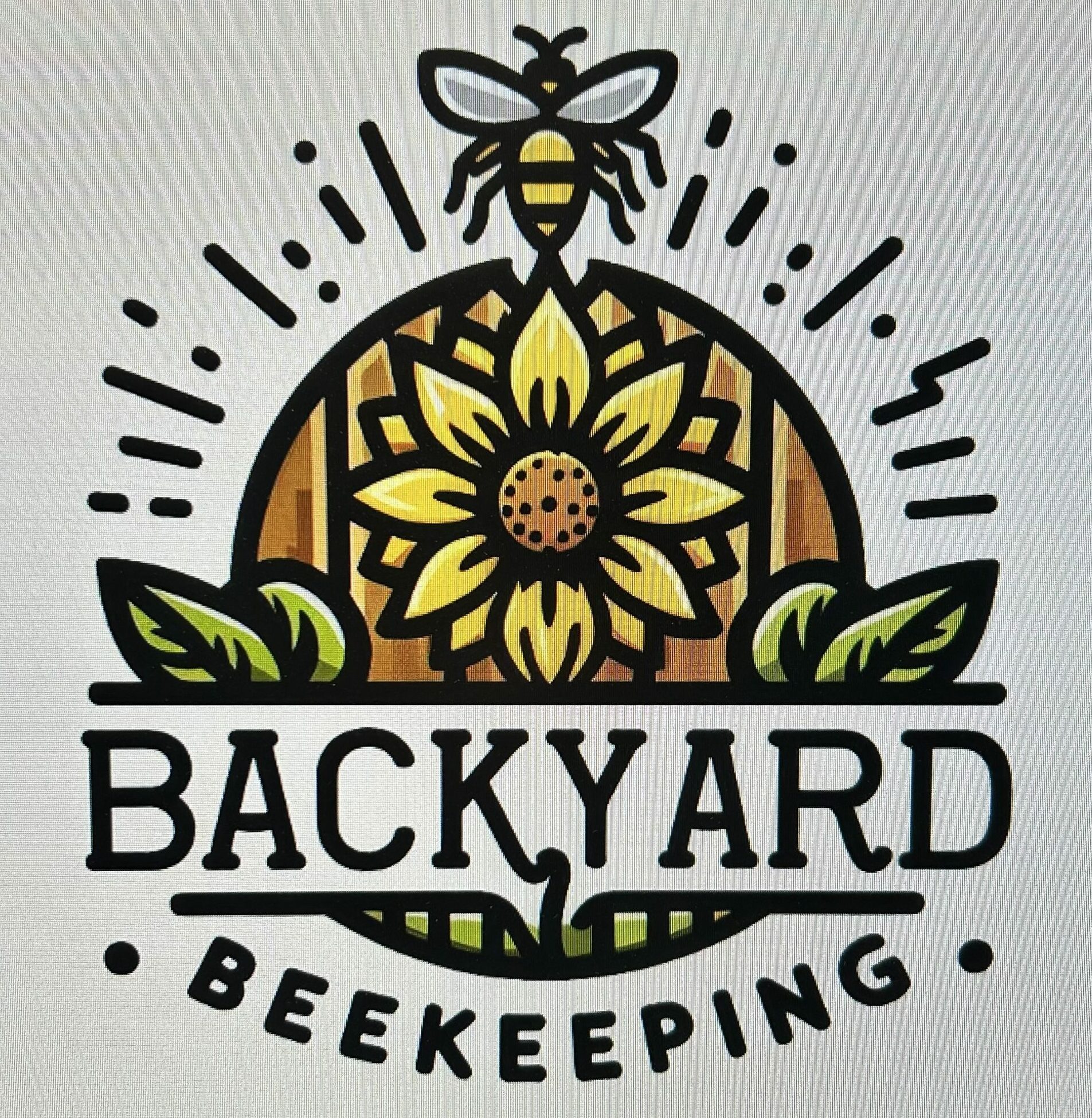Sustainable beekeeping isn’t just a buzzword; it’s a necessity in today’s world. You might ask, what’s the big deal about sustainable practices when it comes to our buzzing friends? Well, let’s break it down. Sustainable beekeeping focuses on methods that are friendly to the environment, help maintain bee health, and ensure that future generations of bees continue to thrive.
Bees play a massive role in our ecosystem. They’re pollinators, which means they help plants reproduce. Without bees, many of the fruits, nuts, and veggies we love wouldn’t exist. Think of your morning coffee, those juicy strawberries, or that delicious almond milk. Bees are behind the scenes making it all happen.
Now, how does conventional beekeeping differ from sustainable practices? Conventional methods often prioritize honey production over bee well-being. That means using chemicals, sugar substitutes, and other practices that aren’t very bee-friendly. Sustainable beekeeping, on the other hand, aims to keep the bees as happy and healthy as possible. It’s about finding that balance between providing for the bees and meeting our own needs.
Imagine a world where beekeeping isn’t just about honey but about creating a thriving environment for bees. That’s the heart of sustainable beekeeping. It’s not just a method but a mindset, a commitment to coexist with nature rather than control it. At its core, it’s about respect – for the bees, the environment, and the future.
Principles of Sustainable Beekeeping
Environmentally-friendly hive management should be at the top of every beekeeper’s list. This means choosing natural materials for hives, avoiding chemicals, and locating hives in spots where bees have access to diverse forage. Simple changes, like using untreated wood or ensuring proper ventilation, can make a world of difference for the hive’s health.
Natural bee nutrition is a game-changer. Instead of feeding bees sugar solutions, encourage them to forage on their own. Plant a variety of flowers, shrubs, and trees that bloom at different times of the year. This ensures bees always have access to natural food sources and diverse nutrients. The fewer chemicals in their food, the healthier and more resilient they’ll be.
Ethical bee breeding needs to be a cornerstone. Focus on breeding bees that are robust and disease-resistant without relying on genetic modifications or importing non-native species. When you prioritize the health of the bee population, you create stronger colonies capable of defending themselves against pests and diseases.
Integrated pest management (IPM) is all about being proactive. Instead of resorting to chemical treatments at the first sign of trouble, use techniques like drone comb trapping or organic treatments. Regular hive inspections are crucial. By catching potential issues early, you can deal with them in a way that’s safe for the bees and the environment.
Bee Management Strategies: Harmony Between Beekeeper and Bee
Creating a bee-friendly environment starts with location. Place hives away from high-traffic areas and pesticides. Think about planting a bee garden nearby with native plants and wildflowers that offer year-round forage. Bees need a clean, safe place to thrive, so make sure their surroundings support that.
Minimizing human intervention is key. Bees generally know what they’re doing, so the less you interfere, the better. Limit how often you open the hives and move frames around. While inspections are necessary, they should be as quick and gentle as possible to keep stress levels down.
Reducing bee stress is vital for their health. Avoid opening hives during bad weather or at night. Stick to a regular schedule so the bees can adapt to your presence. Be mindful of weather conditions and time of day when performing hive checks.
Harvesting honey sustainably involves taking only what the bees can spare. Always leave enough honey for the bees to feed on during the winter months. This way, they won’t be forced to rely on sugar-water substitutes, which aren’t as nutritious. Treat it like a partnership where both you and the bees benefit.
Benefits of Sustainable Beekeeping
Healthier bee populations are a direct result of eco-friendly practices. Bees exposed to fewer chemicals and less stress are more resilient. They live longer, reproduce more effectively, and maintain stronger colonies. This robustness translates to a better ability to fend off diseases and pests.
Long-term benefits for ecosystems come from having healthier bees. With more bees doing their pollination magic, local flora flourishes. This, in turn, supports wildlife, promotes plant diversity, and even boosts local agriculture. Everyone wins when bees are thriving.
Economic advantages for beekeepers might not be apparent right away, but they’re very real. Healthier bees need fewer treatments, reducing costs. Plus, sustainably produced honey often commands higher prices in the market. Ethical practices can lead to robust business opportunities.
Strengthening biodiversity is another perk of sustainable beekeeping. Maintained properly, beehives become a part of the local ecosystem instead of disrupting it. Supporting various plant and animal species creates a balanced environment that stands the test of time.
This is how your bee colony begins.
If you would like to receive the monthly newsletter from Beewhisperer360 drop your email address in the comments section.
